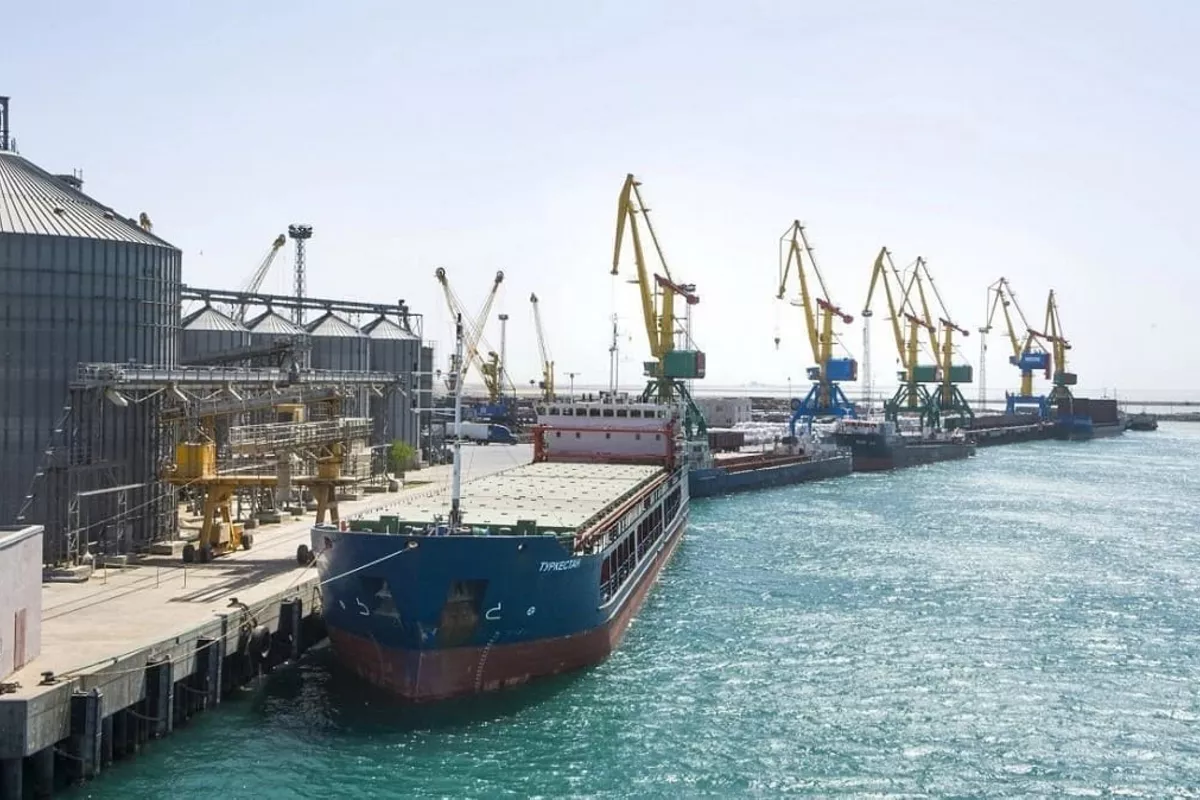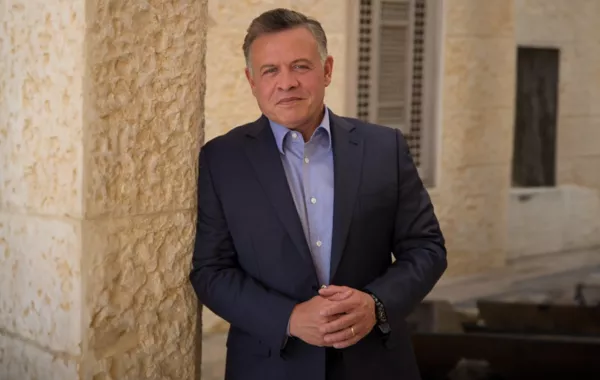
The American and Israeli attacks on Iran aimed at "obliterating" its nuclear program have also impacted Central Asia's opportunity to leverage Iran's transport links for trade with the wider world.
The American and Israeli attacks made an impression in Central Asia as immediately afterwards Uzbekistan’s President Shavkat Mirziyoyev “ordered a review of foreign trade and transport routes, emphasizing the need to redirect cargo flows to safer ports amid instability in the Middle East,” changes that could raise logistics costs by 30%, The Caspian Post reports citing foreign media.
This is a change from 2023 when Iran and Uzbekistan were drawing closer.
In June 2023, President Mirziyoyev met Iran’s then-president, Ebrahim Raisi, and Iran’s supreme leader, Ayatollah Ali Khamenei. The meeting netted cooperation pacts in agriculture, energy, customs affairs, sports, science, technology and innovation, cultural exchanges, health care, Chabahar port, the environment, industry, and tourism.
The June meetings followed the March 2023 visit by Uzbekistan’s foreign minister, who met Iran’s ministers of Foreign Affairs, and Industry, Mines and Trade. Afterwards, the parties announced efforts to increase trade turnover and to foster business links and people-to-people ties.
These plans may be on hold as U.S. President Donald Trump has threatened further attacks on Iran’s nuclear sites “if necessary.” And more attacks may happen as Iran’s president, Masoud Pezeshkian, recently declared Iran’s nuclear program would continue despite Israeli attacks.In July 2021, the leaders of Uzbekistan, Afghanistan, and Pakistan met in Tashkent, Uzbekistan to announce the Trans-Afghan railway that would connect Central Asia to Pakistan’s ports on the Arabian Sea. Two months later, NATO evacuated Afghanistan, the Islamic Republic fell, and the Taliban were back in charge.
Uzbekistan, Afghanistan, and Pakistan aren’t willing to be hostages to fate and recently agreed to a six-month joint technical and economic feasibility study for a planned 650-kilometre railway line from Termez, Uzbekistan to Pakistan’s border at Kharlachi. Deputy Transport Minister Jasurbek Choriyev noted the five-year project could cost up to US$4.6 billion, and should reduce the delivery time of goods from the Indian Ocean ports to Central Asia from 35 to 5 days.
External funding will be required, which will be complicated by Western sanctions on the Kabul government. However, Afghanistan recently joined Beijing's US$64 billion-dollar China-Pakistan Economic Corridor (CPEC), so China may be a source of funds. Neighboring Kazakhstan may contribute US$500 million for the railway. Qatar is considering involvement in the project and the Uzbek-Emirati joint venture “ADL Ulanish” may still retain an interest in the project, and Russian Railways JSCo “RZD” is involved, though it has been sanctioned by the U.S. and the EU, which may complicate matters.
Russia will cooperate with Uzbekistan on the project and the countries have signed agreements to develop feasibility studies for the railway. Moscow sees the railway as a way to extend the International North-South Transport Corridor (INSTC) to Pakistan.
The NATO-Russia war in Ukraine is grinding to a close and Russia is preparing to turn its attention South. In July 2025, Moscow recognized the Taliban government which will ease future cooperation and may put pressure on Pakistan and Uzbekistan to recognize the Kabul government as they embark on a joint strategic project that may reshape local economies.
The involvement of deep-pocket partners will increase the prospects for success and may attract additional investors. However, government investors bring with them their government’s goals, so the project’s managers may fare better negotiating with officials at the World Bank or Asian Development Bank instead of managers of Gulf petrostates’ sovereign wealth funds or state-owned enterprises.
Nargiza Umarova of the Institute for Advanced International Studies observes the interest of regional and global powers “may significantly shape the implementation of specific transport initiatives within Afghanistan,” and a proliferation of projects may ensure none of them are profitable, stunting efforts that were supposed to increase the republics’ autonomy.
And Uzbekistan is betting big on Afghanistan as a land bridge, connecting landlocked Central Asia to the Arabian Sea: It established the Airitom Free Economic Zone in Termez, expanded bilateral trade with Afghanistan to over $1.1 billion in 2024, and is pursuing both the Kabul Corridor and the Kandahar Route, which could link to Iran and India.
Pakistan and Iran are also making moves to secure transport options. Pakistan’s prime minister, Shehbaz Sharif, just hosted a visit by Iran’s president, Masoud Pezeshkian, and the leaders pledged to raise bilateral trade to US$10 billion. Iran’s national railway is preparing to launch three new international railway routes connecting the country to Turkey, Afghanistan, and Turkmenistan, and Iran, Pakistan, and Turkey are planning to revitalize the Istanbul-Tehran-Islamabad (ITI) freight corridor under the framework of the Economic Cooperation Organization.But Pakistan and Afghanistan are problematic partners for Uzbekistan.
Aside from the blizzard of U.S. sanctions on the Taliban and its individual leaders, Kabul, Afghanistan’s capital city may be running out of water as up to 80% of the groundwater is contaminated. Pakistan is a hazardous place and China’s foreign minister recently urged Pakistan’s military to protect Belt and Road projects and Chinese workers - not the first time he’s made that request. In 2023, Pakistan was unable to withstand U.S. pressure and dropped out of the Iran-Pakistan (IP) gas pipeline project that would supply badly-needed energy, so there may be cause to doubt its ability to complete its part of the railway if Washington makes its displeasure known.
America’s antagonism towards the Taliban, the presence of a sanctioned Russian partner in the project, water shortages, and Pakistan’s violence and susceptibility to American pressure may jeopardize the success of the railway. But if Washington and Brussels can put antagonisms aside, they can demonstrate their fidelity to the West’s declared interest in Central Asia’s sovereignty and independence.
Share on social media
